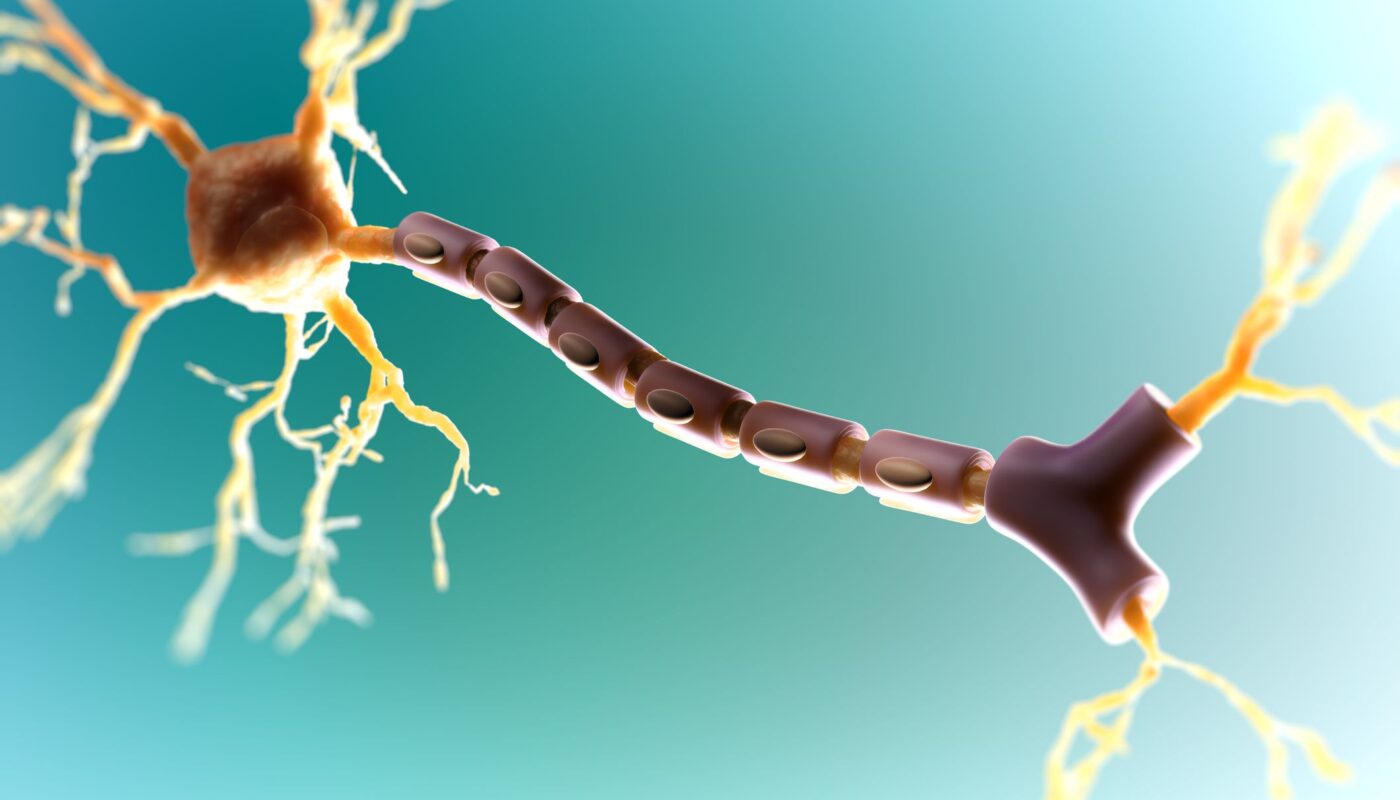A recent study published in the journal Nature Communications reveals that a small molecule called ESI1, which functions as a protein inhibitor, holds early-stage promise in repairing myelin sheath damage in mice exhibiting multiple sclerosis (MS) symptoms and in lab-grown human brain cells.
MS is a debilitating disease characterized by the immune system attacking the protective myelin sheath surrounding nerve fibers. This damage disrupts communication between the brain and the rest of the body, leading to various symptoms such as muscle weakness, vision loss, and cognitive impairment.
To investigate the potential of ESI1 in myelin repair, researchers treated MS-mimicking mice and human brain cells in the lab with the protein inhibitor. The results showed that ESI1 promoted the regeneration of myelin coatings in both models.
In the MS-mimicking mice, ESI1 treatment led to the production of oligodendrocyte progenitor cells, which are responsible for generating and maintaining myelin sheaths. These cells then differentiated into mature oligodendrocytes and produced new myelin sheaths, effectively repairing the damage.
Similarly, in the lab-grown human brain cells, ESI1 treatment stimulated the production of myelin-forming proteins and the formation of myelin sheaths around axons.
These findings suggest that ESI1 could be a potential therapeutic agent for repairing myelin damage in MS and other demyelinating diseases. However, further research is needed to fully understand the mechanisms behind ESI1’s effects and to assess its safety and efficacy in clinical trials.
Note:
1. Source: Coherent Market Insights, Public sources, Desk research.
2. We have leveraged AI tools to mine information and compile it.



